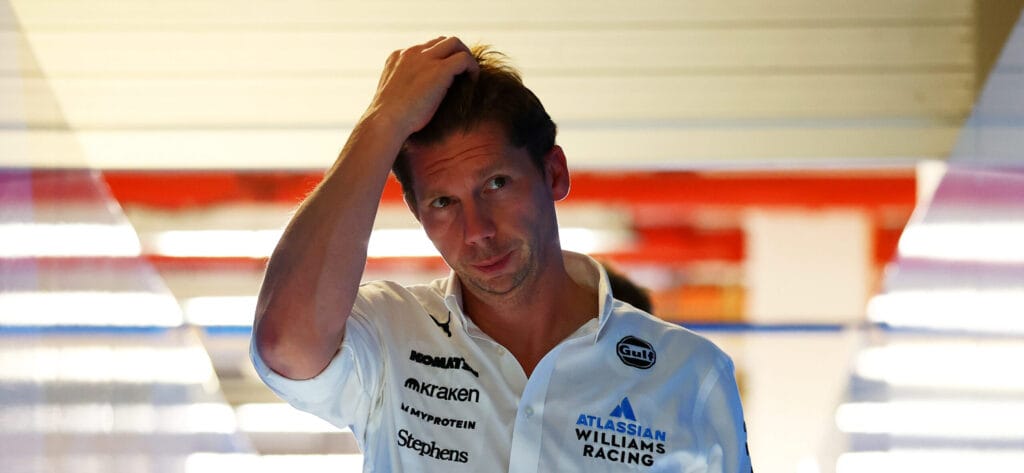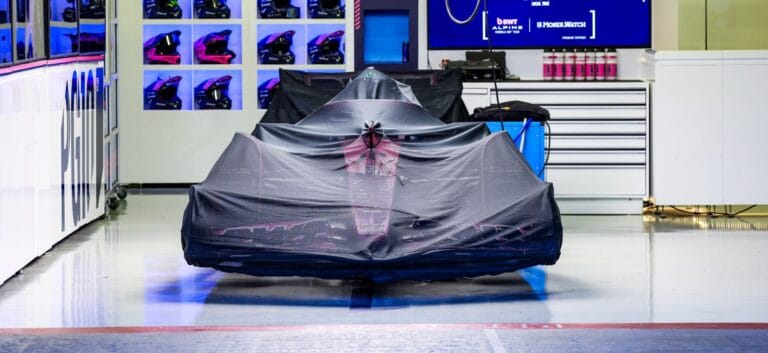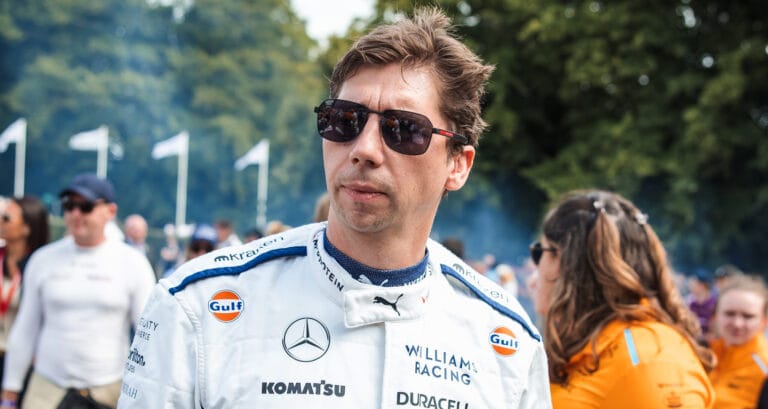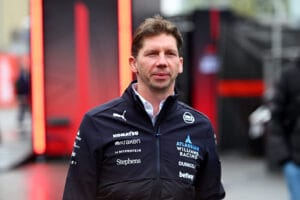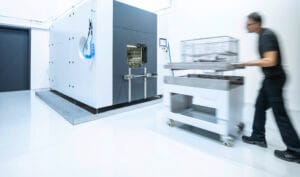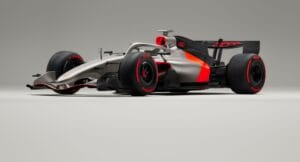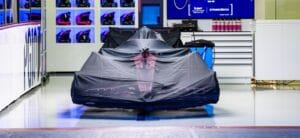As the current Formula 1 season gradually draws to a close, teams are already focusing intently on 2026 – and for good reason. The FIA is introducing new technical regulations, with both the powertrain and chassis undergoing significant revisions. There has already been strong criticism of the new formula from the drivers. However, Williams team boss James Vowles also sees advantages; he expects that overtaking in 2026 will depend much more on the driver themselves.
Experts believe that Formula 1 is facing the biggest regulatory change in the history of the sport. Both the chassis and the engine are being completely overhauled. The cars will become more compact, while power will be evenly distributed between the combustion engine and a hybrid battery. Drivers were initially sceptical about the promise of more close racing, but according to Vowles, they are now mainly excited about the new challenge, although overtaking will require some adjustment towards 2026.
‘Thinking Outside the Box’
During the Singapore GP, Vowles was asked about the characteristics of the cars for 2026. “Overtaking will be different,” he confirmed, “but it will happen. Just in a different way than we are used to. The first time drivers practiced on the simulator they thought: ‘This is not great.’ But the second, third and fourth times it became increasingly interesting. That characterizes drivers; they are tenacious in finding new solutions and optimizing every possible advantage.”
“From that perspective, I think it will be very interesting,” he continued. “We will probably see more overtaking, but perhaps in different places than we are used to.” The usual braking zones and DRS zones could well give way to new overtaking opportunities, explains the Brit. This also has to do with the disappearance of DRS. The FIA is introducing a manual overtaking system in 2026, where drivers have to save energy to release extra power via a special boost button on the steering wheel. This gives trailing drivers more power above 280 km/h. “Given the new rules, I think it will be busier in the cockpit,” says Vowles. “And frankly, that’s not a bad development. Drivers who have full control of their car and can think outside the box will gain the upper hand.”


